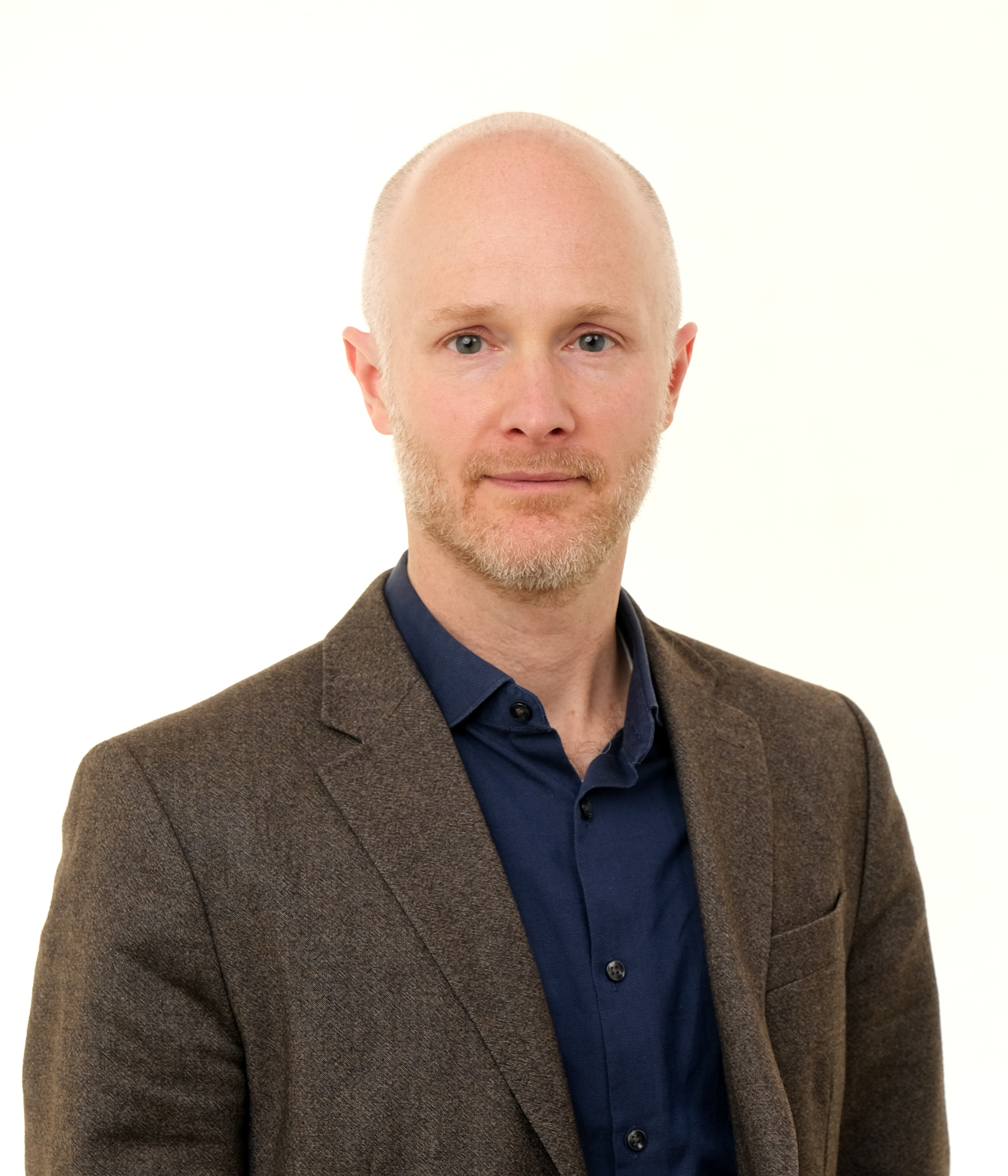|
What Makes a Good Journal Research Data Policy? Practical Guidance for Editors to Support Trust, Transparency, and Compliance
June 26, 2025 at 11am ET
As the research ecosystem evolves, journals are increasingly called upon to serve as stewards of responsible data-sharing policies from funders, institutions, and the wider scientific community. But what makes a good research data policy -- and how can editorial teams implement policies that build trust, reduce workload, and align with the evolving needs of researchers?
This hands-on session offers practical guidance for editors, publishers, and societies on crafting and applying effective journal policies. Attendees will come away with actionable strategies to support authors, streamline editorial processes, enhance research integrity, and align with funder and institutional mandates.
Key topics will include:
- The hallmarks of a strong journal research data policy and why clarity matters.
- Practical methods for supporting policy compliance and reducing editorial burden.
- The citation and visibility benefits of linking publications to open research data.
- Introducing the concept of "Research Stacks": a framework for connecting articles to data, protocols, and code to enhance reproducibility and accessibility.
- How journals can act as trusted signals of research quality, reinforcing public trust in science.
- Updates on U.S. federal mandates (e.g., the Nelson Memo), global funder trends, and emerging initiatives that align publishing practices with open science goals.
Speakers

Adrian Stanley is an independent consultant with over 25 years of international experience in scholarly publishing, research integrity, AI, and editorial workflows. He advises clients including DataSeer, Clear Skies, and major societies and publishers on open science strategy, research data policy, and the integration of AI into publishing operations. He previously served as General Manager at JMIR Publications and held senior leadership roles at Digital Science and The Charlesworth Group, working closely with key publications and editorial staff across the US, UK, China, and Canada to support innovation and collaboration in scholarly communication. Adrian is a past President of the Society for Scholarly Publishing (SSP), where he launched the SSP Leadership Academy and Mentorship Program. He also served as an Associate Editor of Learned Publishing from 2015 to 2022. In 2025, he was awarded the King Charles III Coronation Medal for exceptional contributions to STEM education and mentoring.

Daniel Keirs leads the planning and performance monitoring of journals publishing strategy at IOP Publishing, involving the coordination of strategic publishing initiatives and data analysis. He has been with IOP Publishing since 2016, playing a key role in shaping the organisation's open access and open science policies. Daniel has over two decades of experience in scholarly publishing, having held roles in both not-for-profit societies and global publishing organizations.

Dr. Rebecca Taylor-Grant is Director of Open Science Strategy & Innovation at Taylor & Francis, where she leads the development of policies, practices and pilots to support the publication of open, transparent and reproducible research. She has a background in data management for the humanities and social sciences and is co-chair of the STM Association’s Research Data Program Humanities Data Subgroup, as well as the Research Data Alliance’s Research Data Policy Interest Group. She is a qualified Open Data trainer certified by the Open Data Institute. Her doctoral thesis explored the connections between archival theory and research data management practice, using Ireland as a case study.

Tim Vines is the Founder and CEO at DataSeer. Prior to that he founded Axios Review, an independent peer review company that helped authors find journals that wanted their paper. He was the Managing Editor for the journal Molecular Ecology for eight years, where he led their adoption of data sharing and numerous other initiatives. He writes for the industry-leading Scholarly Kitchen blog, and has published research papers on peer review, data sharing, and reproducibility (including one that was covered by Vanity Fair). He has a PhD in evolutionary ecology from the University of Edinburgh and now lives in Vancouver, Canada.
|